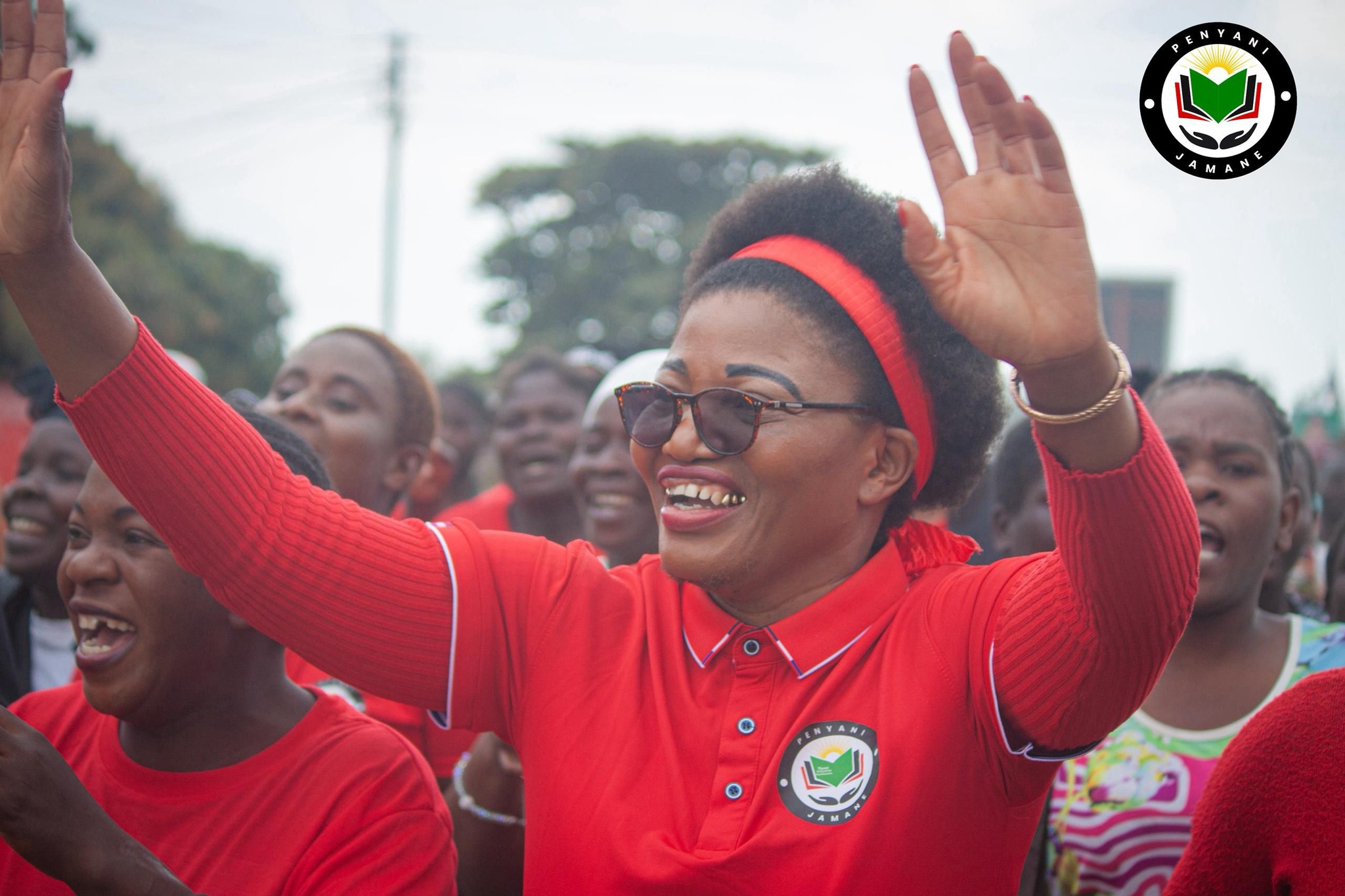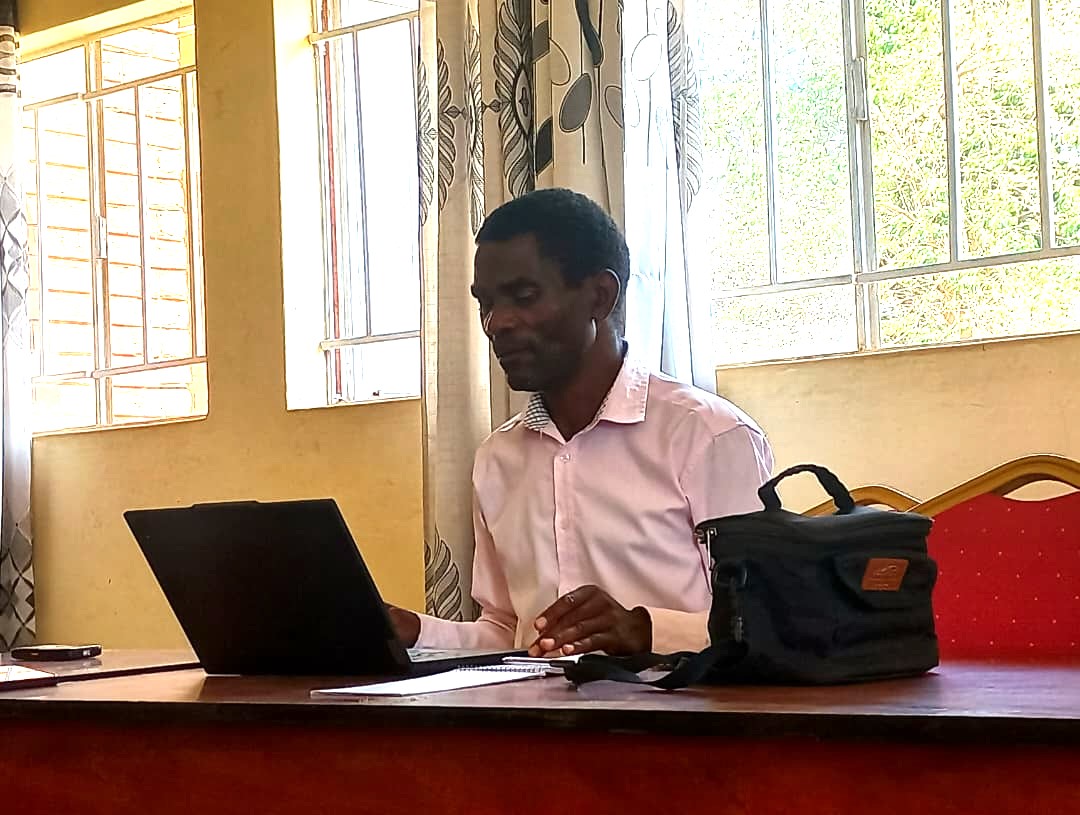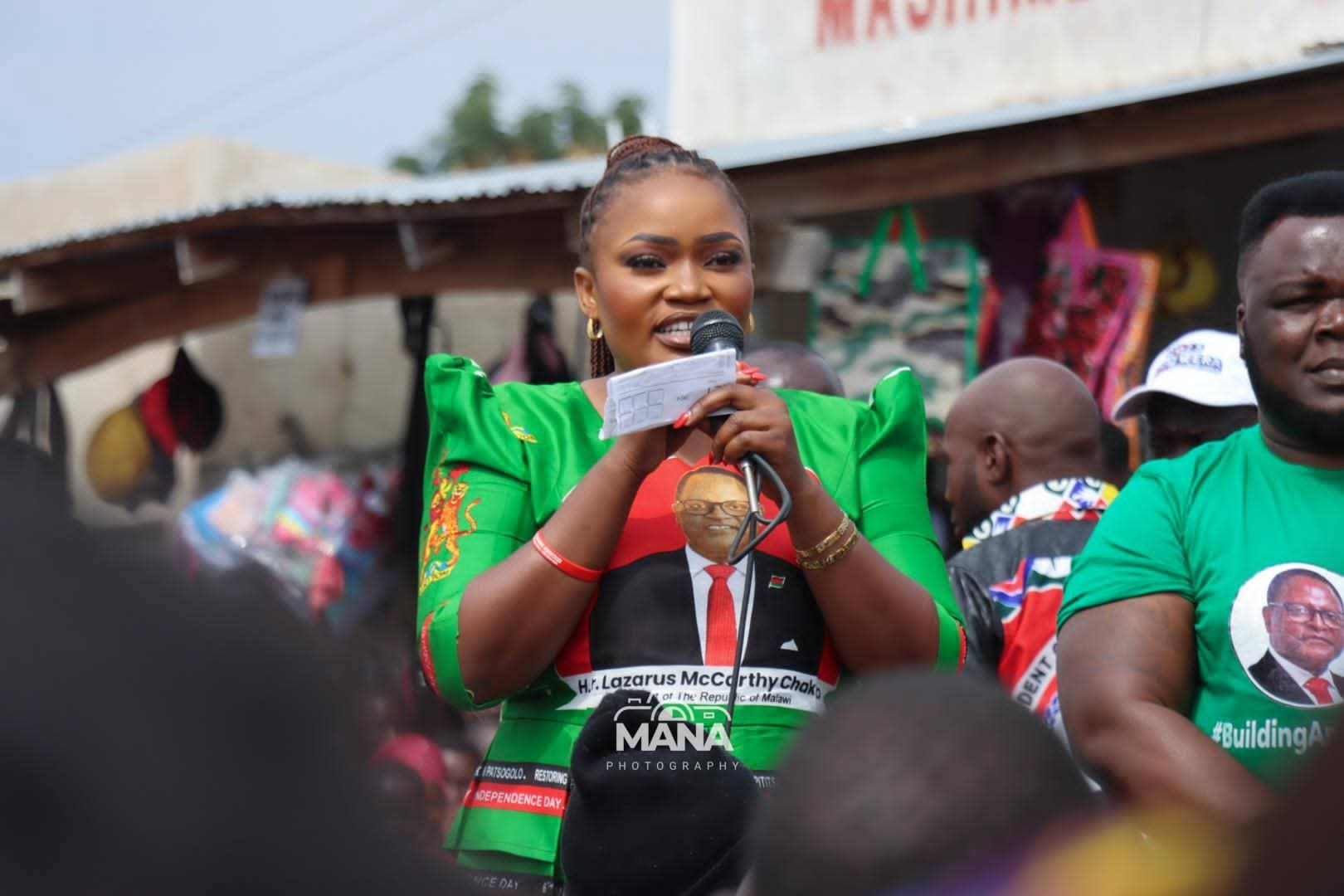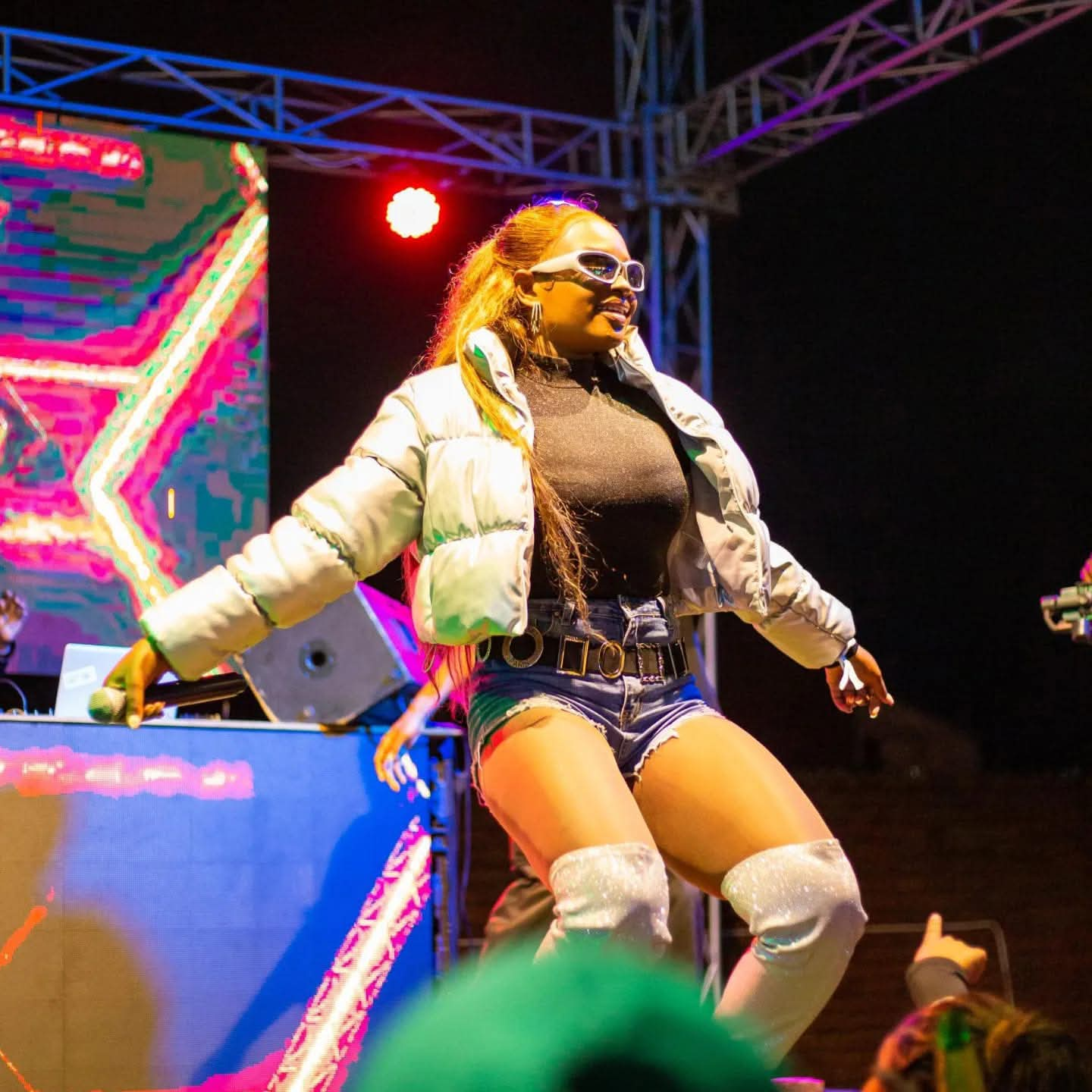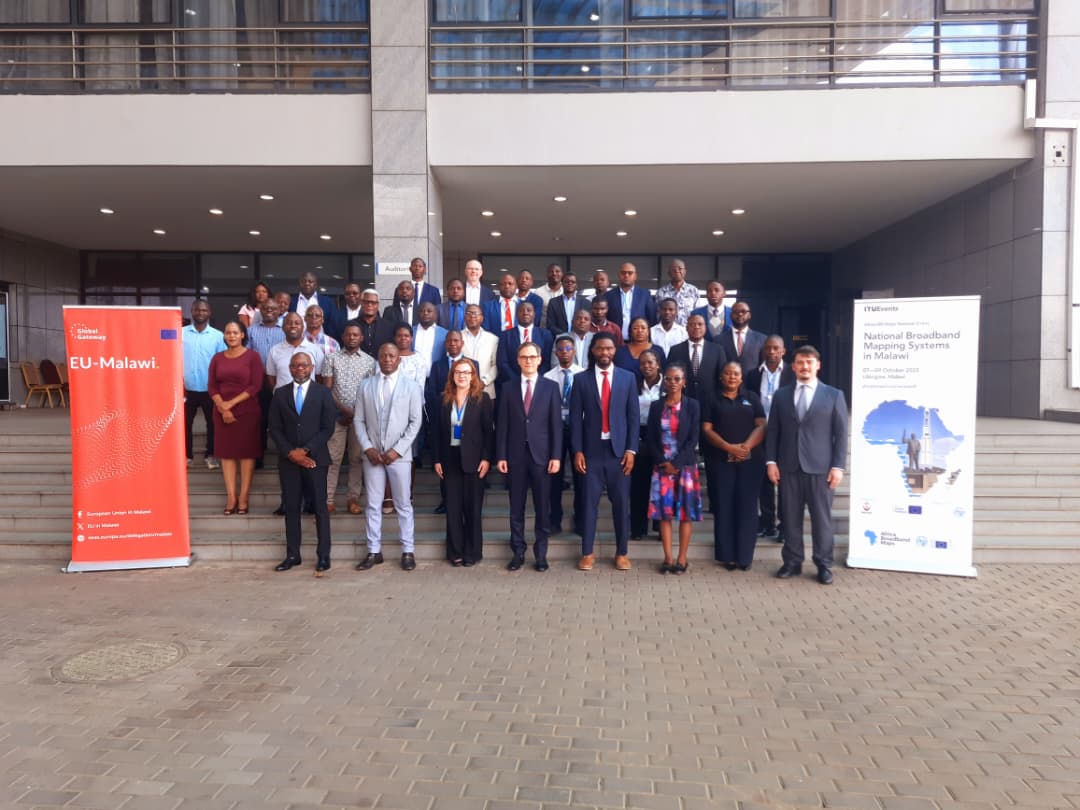It was a hot afternoon in Nkhotakota Central Constituency at Chigumula Ground when Susan Namangale stood before a crowd of people, speaking with confidence and hope.
As the founder of Dadaz Chess Academy and Former President of the Chess Association of Malawi, Namangale is known for promoting chess across the country but in 2025, she took on a new challenge of politics.
Although she did not win the parliamentary seat, Namangale smiles as she reflects on the media’s role in her campaign.
“Haha, so you are reminding me that I lost,” She said jokingly. “Honestly, I feel respected as a woman because journalists treated me the same way they treated male candidates. That really motivated me. The media played a very important role during my campaign.”
For years, women in Malawian politics have faced unfair framing in the media, often judged more on their looks, family status or emotional appeal but the 2025 election has shown a shift in that narrative.
According to the Malawi Electoral Commission (MEC), in the September 2025 elections, 1,488 candidates contested for parliamentary seats, of which 229 were women. Out of the 229 female aspirants, 49 have won.
In 2019 tripartite elections, female contestants were 193 and 45 won the parliamentary seats.
At the local government level, 509 candidates contested, including 426 women. Of these, 121 women won seats, marking a rise from 96 in the 2019 elections when only 19 percent of councilors were female.
Other female candidates also shared their positive campaign experiences, crediting the media for more balanced and professional coverage.
Member of Parliament for Ntchisi North East, Olipa Chimangeni said she noticed a remarkable change in how journalists handled campaigns.
“I saw a real difference this time. The media focused on my ideas and my connection with the people. That helped voters understand who I really am and gave me a fair chance,” She said.
She compared this with 2014, when coverage focused on her personal background rather than her policies, something she described as frustrating and unfair.
Aspiring legislator for Ntcheu South East, Gift Kachinja also praised journalists for giving equal attention to both men and women.
“The media gave balanced coverage to all aspirants. It helped people to understand what each candidate stood for, which made the elections more credible.” He said.
The improvement in election reporting did not happen by chance. Editor at the Malawi News Agency (MANA), Sarah Munthali said the progress came through training, collaboration and commitment.
“Media houses made serious efforts to improve election coverage. You could see that journalists were more gender-sensitive this year. MISA Malawi, Bwaila Media Club, and other organisations trained reporters on avoiding gender bias. These trainings helped journalists understand that women in politics are not side stories. The tone, questions and headlines all showed improvement.” She said.
Chairperson of the Association for Women in Media (AWOME), Dorothy Kachitsa also applauded the progress in how female candidates were portrayed.
“As AWOME, we are proud of how journalist’s especially female reporters covered the elections. The media provided equal platforms for women aspirants. Of course, resources were a challenge but the commitment made was visible. No woman was made to feel small or ignored and that is a big step forward.” She said.
Kachitsa added that AWOME is encouraging women who did not make it to start preparing early for the 2030 elections, promising continued support.
Communication expert at Mzuzu University, Wesley Kondowe echoed similar sentiments, noting the media’s vital role in increasing visibility for female candidates.
Kondowe said the media helped make women more visible in the just ended election and the next step is to educate the public on why voting for women is important for inclusive development.
Back in Nkhotakota, Namangale has accepted her defeat with grace and turned her energy back to chess. Through her Chess in Prison Program, she is helping inmates learn discipline and rebuild their lives. Her academy has donated chess sets to 21 prisons, registered teams in international championships, and even sent a former inmate to India to speak about how chess can reform behavior.
